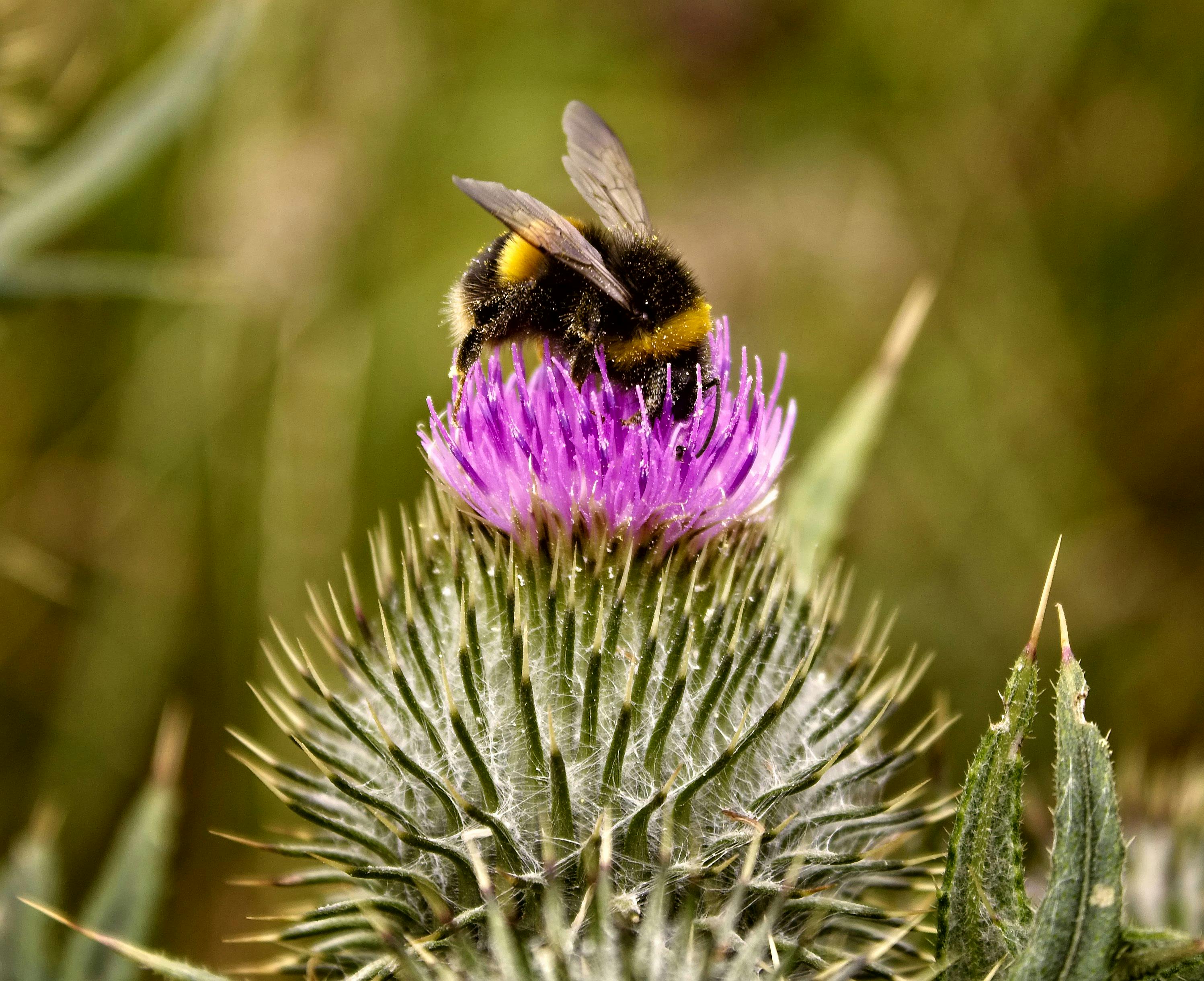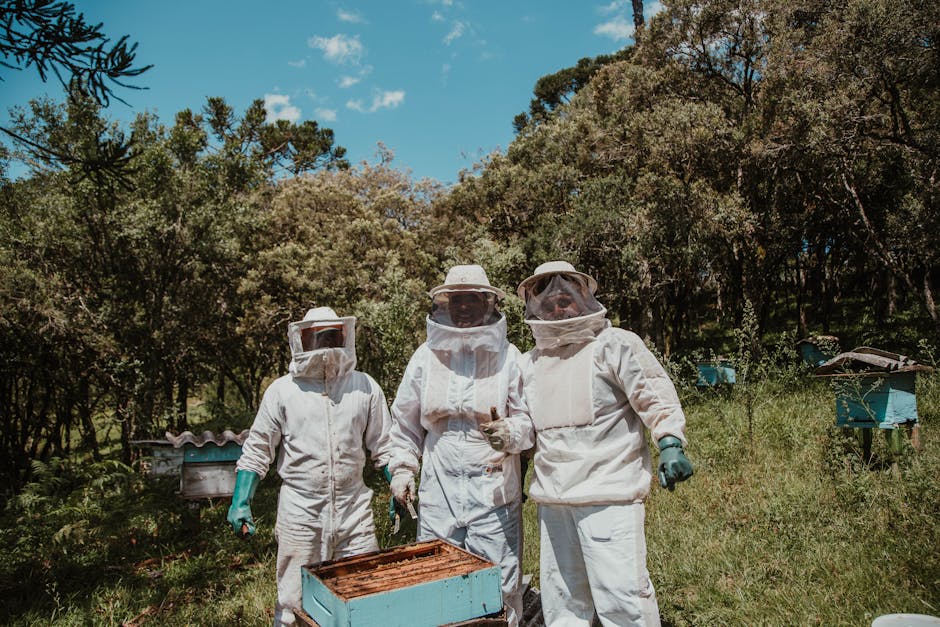
Bees, often overlooked, play a monumental role in maintaining the health of our planet's ecosystems and supporting human life. Their significance stems primarily from their function as pollinators, a process vital for the reproduction of countless plant species.
Pollination and Biodiversity
Approximately one-third of the world's food supply relies on pollinators, with bees being the most significant among them. They are responsible for pollinating a wide array of crops, including fruits, vegetables, nuts, and seeds. Without bees, many of these food sources would drastically decline, leading to severe implications for human nutrition and agriculture.
Beyond human food, bees are critical for the survival of wild plants. This pollination activity supports biodiversity, maintaining healthy ecosystems that provide clean air, water, and stable climates. Many animals also depend on these plants for food and habitat, making bees fundamental to the entire food chain.
Honey and Its Significance

Beyond their role in pollination, bees also produce honey, a natural substance with significant value. Honey serves as the primary food source for bee colonies, providing essential energy for their survival and activities. For humans, honey has been revered for centuries not only as a natural sweetener but also for its medicinal properties. It is known for its antibacterial, anti-inflammatory, and antioxidant qualities, making it useful in traditional medicine for treating wounds, soothing sore throats, and aiding digestion. The production and sale of honey also contribute to the global economy, supporting beekeepers and related industries worldwide.
Economic Contributions
The economic value of bee pollination services is immense, estimated to be billions of dollars annually worldwide. Industries like agriculture, beekeeping, and even pharmaceuticals (through the collection of honey and other bee products) are directly and indirectly supported by healthy bee populations.
Threats and Conservation

Despite their critical importance, bee populations globally are facing significant threats. Habitat loss, pesticide use (particularly neonicotinoids), climate change, and various diseases and parasites (like the Varroa mite) are contributing to colony collapse disorder and overall decline. This decline poses a serious risk to our food security, environmental stability, and economic well-being.
Recognizing their vital role, conservation efforts are underway worldwide, focusing on creating bee-friendly habitats, reducing pesticide use, and promoting sustainable farming practices. Protecting bees is not just about preserving a single species; it's about safeguarding the intricate web of life that sustains us all.
ADVERTISEMENT

Unlock Your Natural Vitality with APLGO Acumullit Drops!
Discover APLGO's Acumullit lozenge drops, a revolutionary wellness product designed to transform your health from the inside out. Our exclusive Acumullit SA® technology preserves and activates the powerful benefits of whole food botanicals, isolating highly absorbable nano-nutrients. These negatively charged particles work synergistically with your body's cells, neutralizing toxins and enhancing vital functions for unparalleled absorption and overall well-being. Experience the difference of advanced nutritional support in a delicious, convenient lozenge.
